Research
June 1, 2015
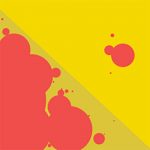
Blood stancher
An injectable polymer could keep soldiers and trauma patients from bleeding to death.

Mindfulness
Whether it’s coping with college or taming an addiction, mindfulness has real medical and practical benefits, and it’s something UW researchers have been exploring for decades.
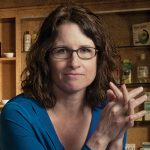
A startling find
Since she was a student in pharmacy school, Shelly Gray has felt a strong connection to the situation many elderly patients find themselves in: “I was struck by how many different medications older adults are taking, as well as their struggle with trying to keep those medications straight,” she recalls.
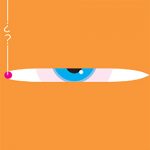
Hazy on the law
More than two years after Washington legalized marijuana, parents and teens may be hazy on the specifics of the law.
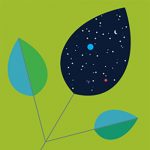
Leaves tell a story
Miniscule, fossilized pieces of plants could tell a detailed story of what the Earth looked like 50 million years ago.
March 1, 2015
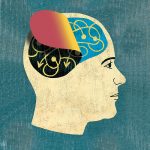
Brain discovery
A couple of years ago a scientist looking at dozens of MRI scans of human brains noticed something surprising: a large fiber pathway that seemed to be part of the network of connections that process visual information.
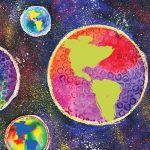
Mirage Earths
Planets orbiting close to low-mass stars—the most common stars in the universe—are prime targets in the search for extraterrestrial life. But new research led by an astronomy graduate student at the UW indicates some such planets may have long since lost their chance at hosting life.
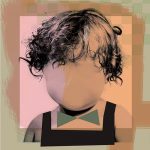
Baby face
It’s a game parents like to play: What will my child look like when she grows up? A computer could now answer the question in less than a minute.
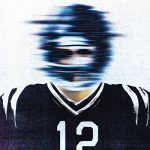
Brain spotting
Football concussions get a lot of attention, but UW researchers want to know how a single brain injury can affect an ordinary person decades down the line.
December 1, 2014
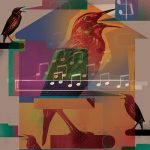
Clues from bird brains
Brain cells that multiply to help birds sing their best during breeding season are known to die back naturally later in the year. For the first time, researchers have described the series of events that cue new neuron growth each spring.
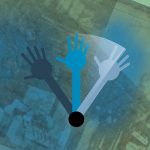
Phone training
Mobile phones have become second-nature for most people. What’s coming next, say UW researchers, is the ability to interact with our devices not just with touchscreens, but through gestures in the space around the phone.
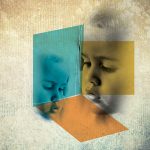
Toddler logic
Researchers have found that children as young as 2 intuitively use mathematical concepts such as probability to help make sense of the world.
September 1, 2014
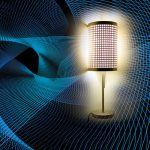
Tide turner
Tidal power holds tremendous potential, especially here in the Evergreen State, because of the sheer volume of water moving in and out of Puget Sound each day.
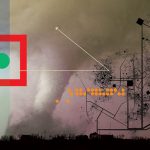
Robot response
UW electrical engineers have developed telerobotics technology that could make disaster response faster and more efficient.
June 1, 2014
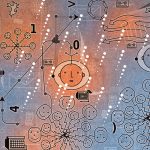
Robot observers
This fall the UW will complete installation of a massive digital ocean observatory. Dozens of instruments will connect to power and Internet cables on the sea floor, but the observatory also includes a new generation of ocean explorers: robots that will zoom up and down through almost two miles of ocean to monitor the water conditions and marine life above.
March 1, 2014

Lake Mars
The mystery of how the surface of Mars, long dead and dry, could have flowed with water billions of years ago may have been solved by research that included a University of Washington astronomer.
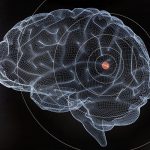
Brain sugar
A growing body of evidence suggests that the brain plays a key role in glucose regulation and the development of type 2 diabetes.
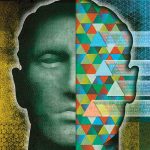
Genetic echo
Researchers led by Dr. John Stamatoyannopoulos have discovered a second code hiding within DNA. This second code contains information that changes how scientists read the instructions contained in DNA and interpret mutations to make sense of health and disease.
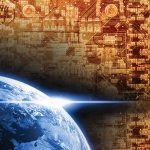
Got data. Now what?
At the UW, the best minds are collaborating to ask questions and harness the power of “Big Data” to find answers and seek solutions to advance the common good.
December 1, 2013
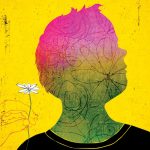
Autism onset
Between ages 3 and 10, children with autism spectrum disorder exhibit distinct brain chemical changes that differ from children with developmental delays and those with typical development, according to a new study led by UW researchers.